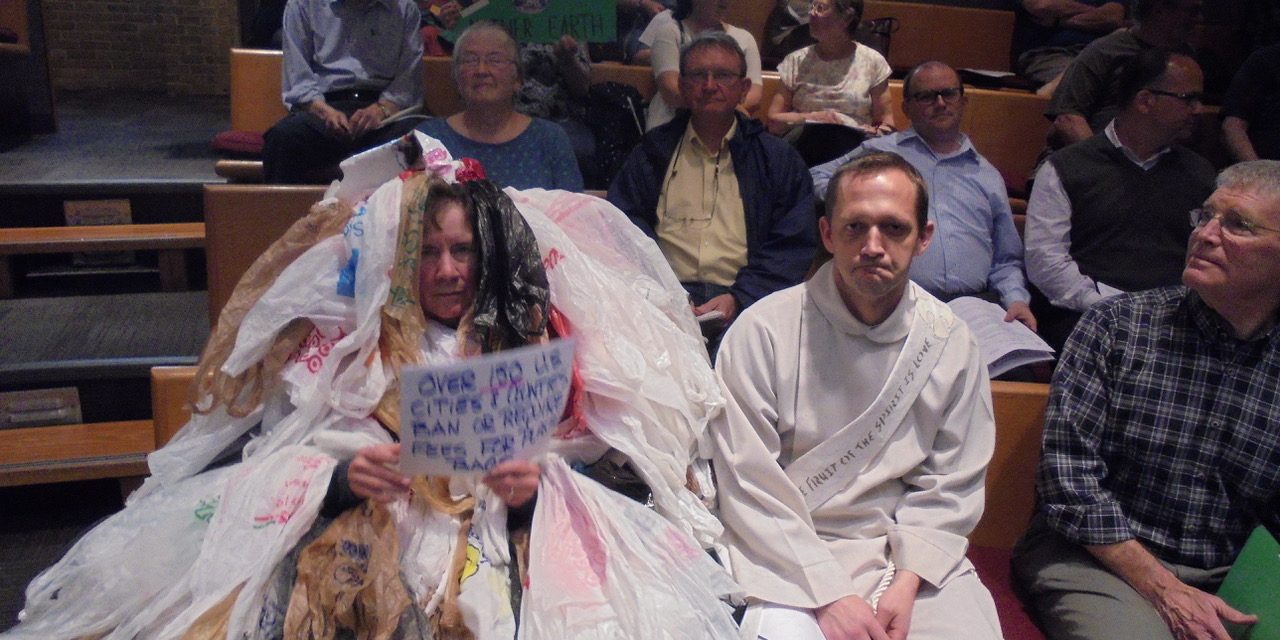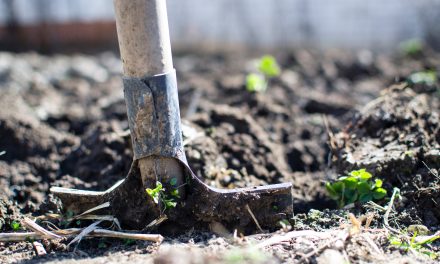
Submitted by Jodi Wine: The Village of Oak Park has unanimously passed an ordinance requiring stores over 5000 square feet to charge 10¢ a single-use bag. The new rule goes into effect on January 1, 2018, and will apply to both paper and plastic bags. The new 10¢ fee will be evenly split between the retailer and the Village, with the Village’s share earmarked for “environmental sustainability initiatives” which have yet to be named.
The path leading to this result was rocky, and underscores the power of people to effect local
change. Initially, in April 2017, the Board passed a bill which made the bag fee completely voluntary—it was up to the store whether or not to charge it to customers. This “toothless” ordinance drew a noticeable outcry from residents who had spent years trying to get the Village to require retailers to charge for plastic bags. The Interfaith Green Network led the charge, placing a full-page letter to the Village Board in the local Wednesday Journal newspaper urging the Trustees to reconsider their decision. This May 8 letter—signed by the pastors, rabbis and priests of 16 local congregations—cited statistics that Chicago’s mandatory bag tax had resulted in a 42% reduction in its first month, and noted that the Village’s Environment and Energy Commission had studied the issue for
three years before recommending a mandatory charge.
A Village Board meeting on May 15th drew impassioned comments from village residents, who made a strong case that the voluntary ordinance would be ineffective at reducing the estimated 17 million bags distributed in Oak Park annually. To drive home the point, local activist Sally Stovall attended the meeting wearing a dress made of 500 plastic bags—meant to approximate the average number of plastic bags used by every person in the United States each year.
Afterwards, the Village Board directed staff to rewrite the ordinance. The revised ordinance with the mandatory fee passed unanimously on August 7th. Dick Alton, a driving member of the Interfaith Green Network subcommittee which took up the bag ordinance as a policy initiative, reflected that the experience “shows that the faith community can really make a difference when we get ourselves organized.”




